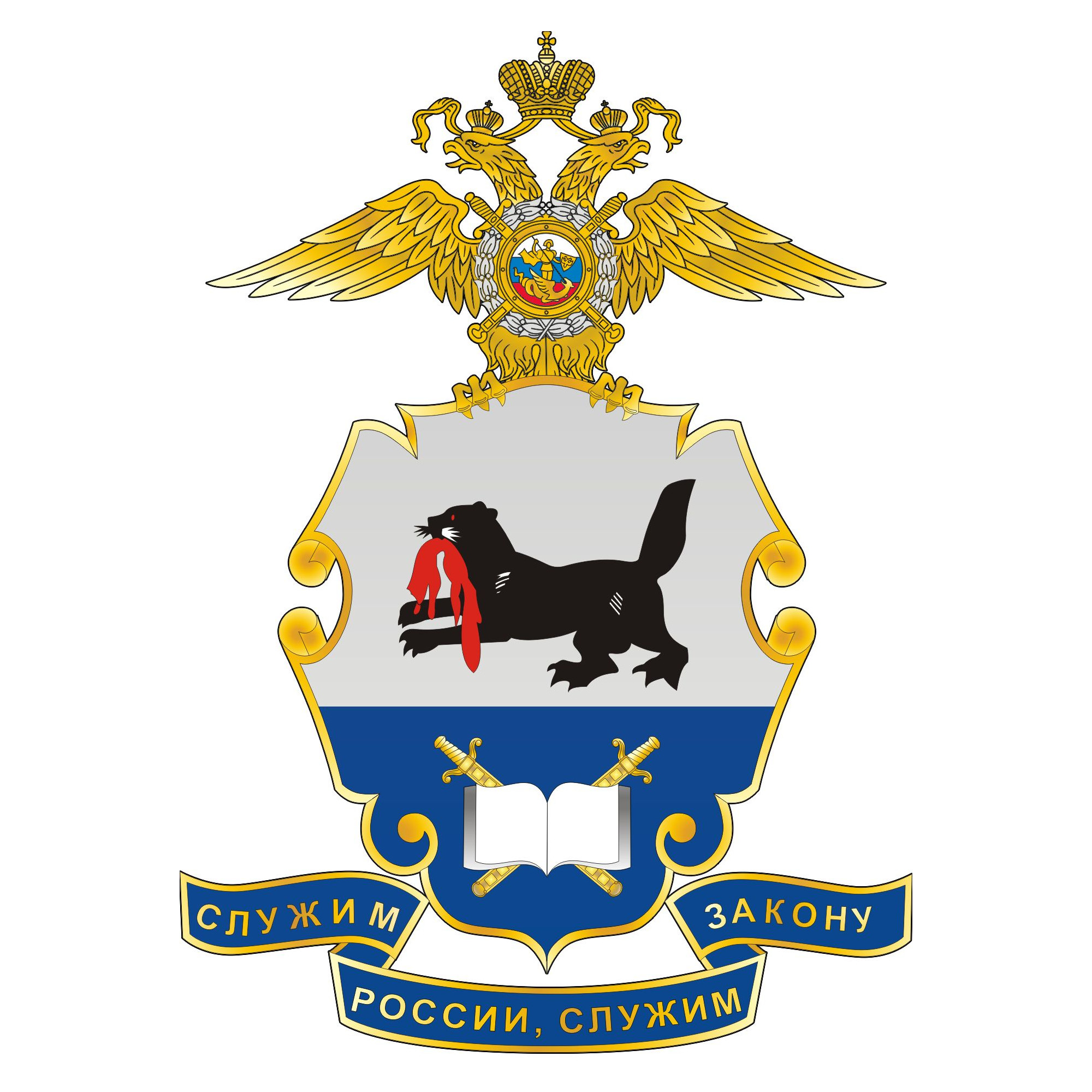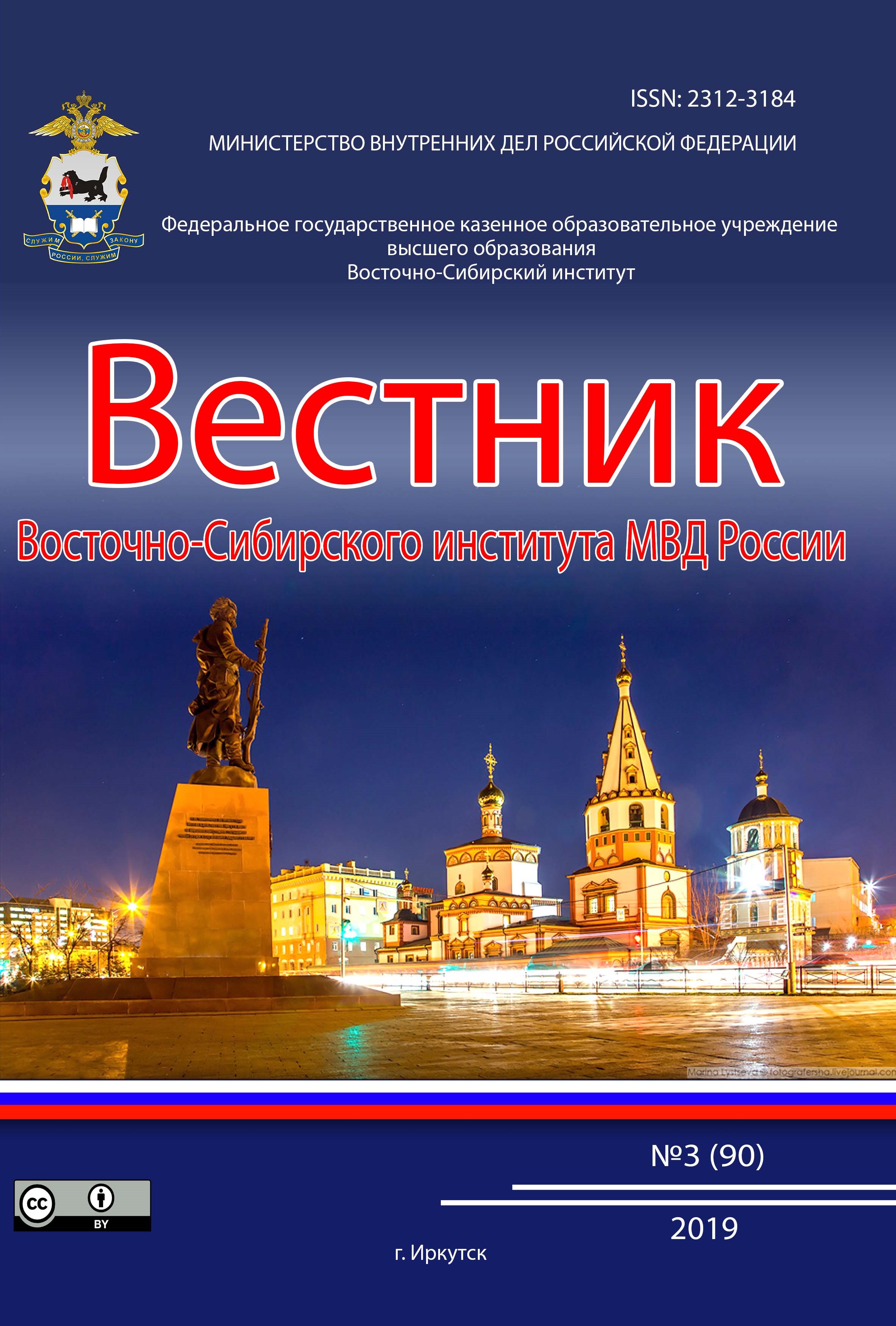from 01.01.2022 until now
Introduction. The article is devoted to the study of the issue of the emergence of such a phenomenon as isolation from society and its main characteristic features, which constitute the essence of this philosophical and legal phenomenon. It provides a retrospective anal ysis of the transformation of punishment in the form of isolation from society for people who have committed the most serious crimes in the process of its evolution, starting with the custom of blood feud, the subsequent appearance of exile in the primitive communal system to the modern form of imprisonment. Materials and Methods. The materials were the works of famous philosophers and jurists, and other scientific literature. In the course of the research, dialectical, historical, comparative legal methods of cognition were applied, methods of analysis and synthesis, deduction and induction were used. The Results of the Study using the example of the customs of different peoples, they allowed us to reveal the specifics of the application of exile to people who have committed the most serious crimes, and the consequences that this has caused for themselves and their close relatives. Findings and Conclusions. The conducted research brought an understanding of the essence of the process of transformation of punishment for the most serious crimes and the emergence of grounds for the emergence of such a type of isolation from society over time, as well as the result of an analysis of its characteristic features
punishment, isolation from society, blood feud, exile, freedom, responsibility, custom
1. Beccaria, C. O prestupleniyah i nakazaniyah. Bibliograficheskiy ocherk i perevod knigy Bekkaria. [About crimes and punishments. Bibliographic essay and translation of Beccaria's book]. Moscow, 1939, 464 p.
2. Leista, O. E., Tomsinova, V. A. Istoriy politicheskix i pravovyx ucheniy [The history of political and legal doctrines]. Moscow, 2009, 568 p.
3. Reisner, M.. Pravo. Nashe pravo. Chuzoe pravo. Obzee parvo. [Right. Our right. Someone else's right. Common Law]. Moscow, 1925, 276 p.
4. Nersesyants, V. S. Filosofiy prava. [Philosophy Rights]. Moscow, 2009, 656 p.
5. Mironova, V. V. Filosofiy. [Philosophy]. Moscow, 2018, 928 p.
6. Schopenhauer, A. Svoboda voli i nravstvennostꞌ. [Freedom of will and morality]. Moscow, 1992, 448 p











